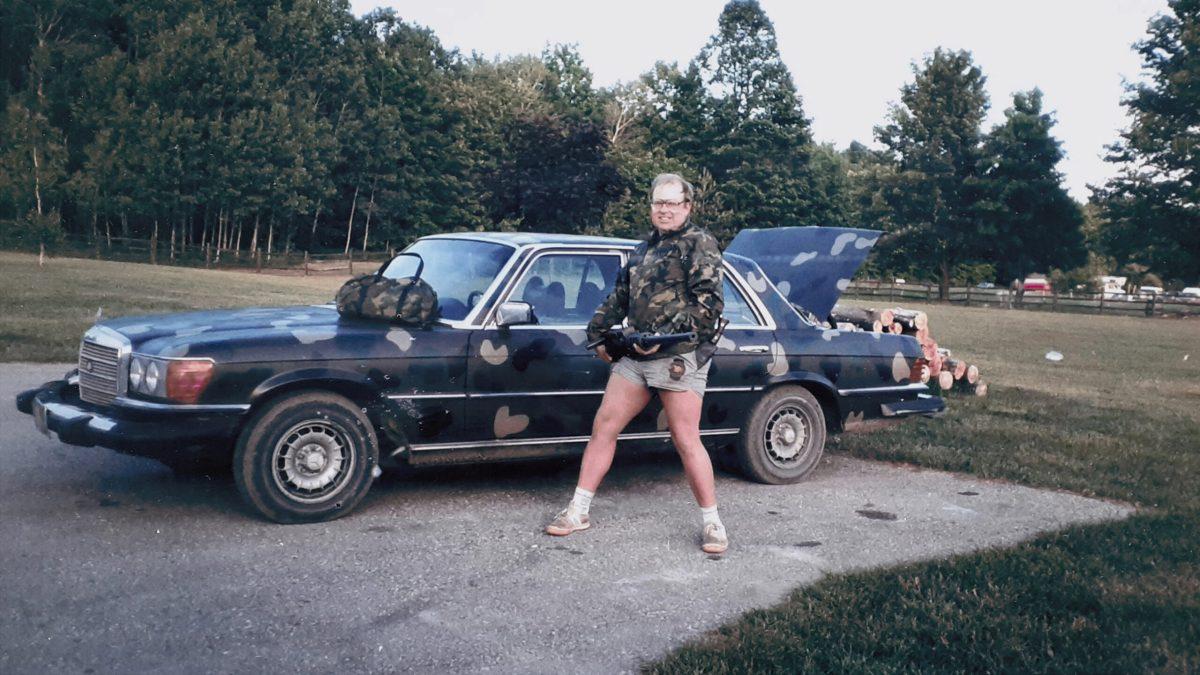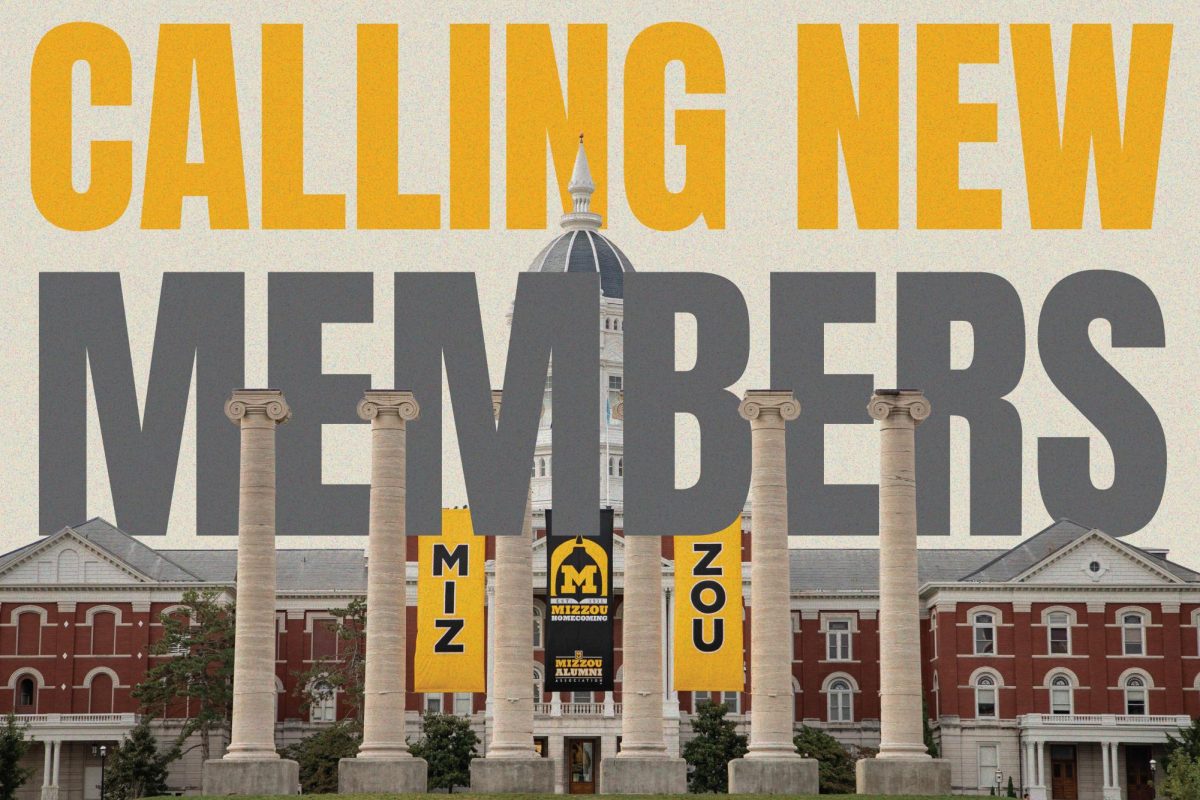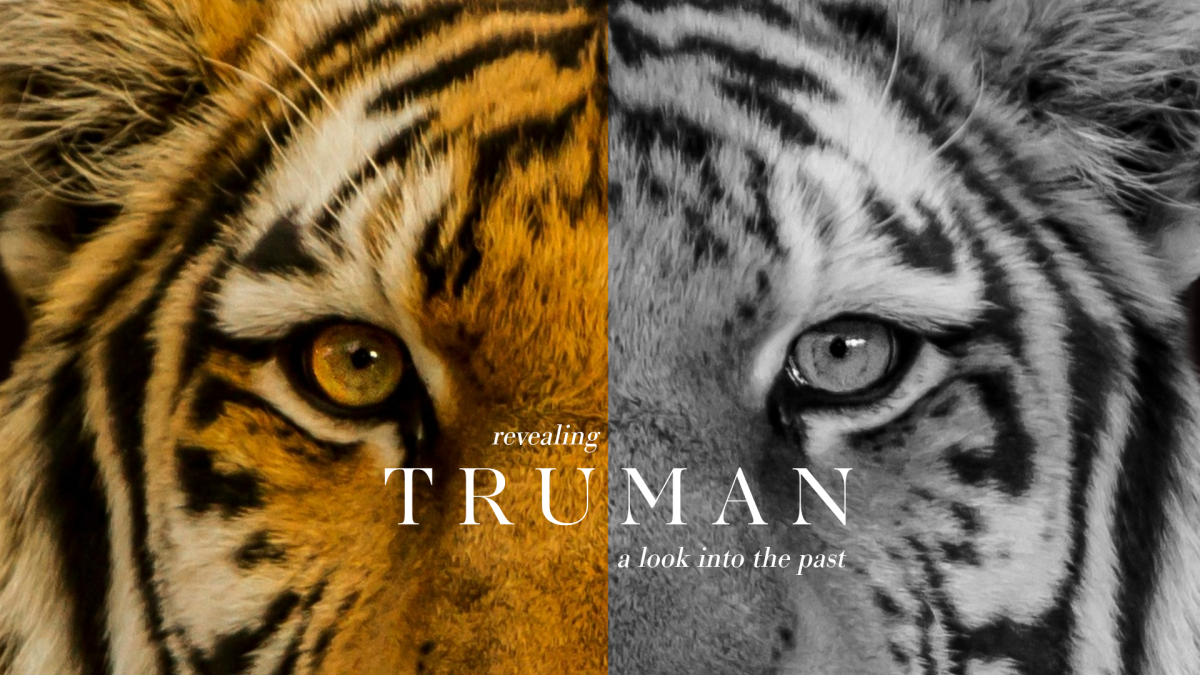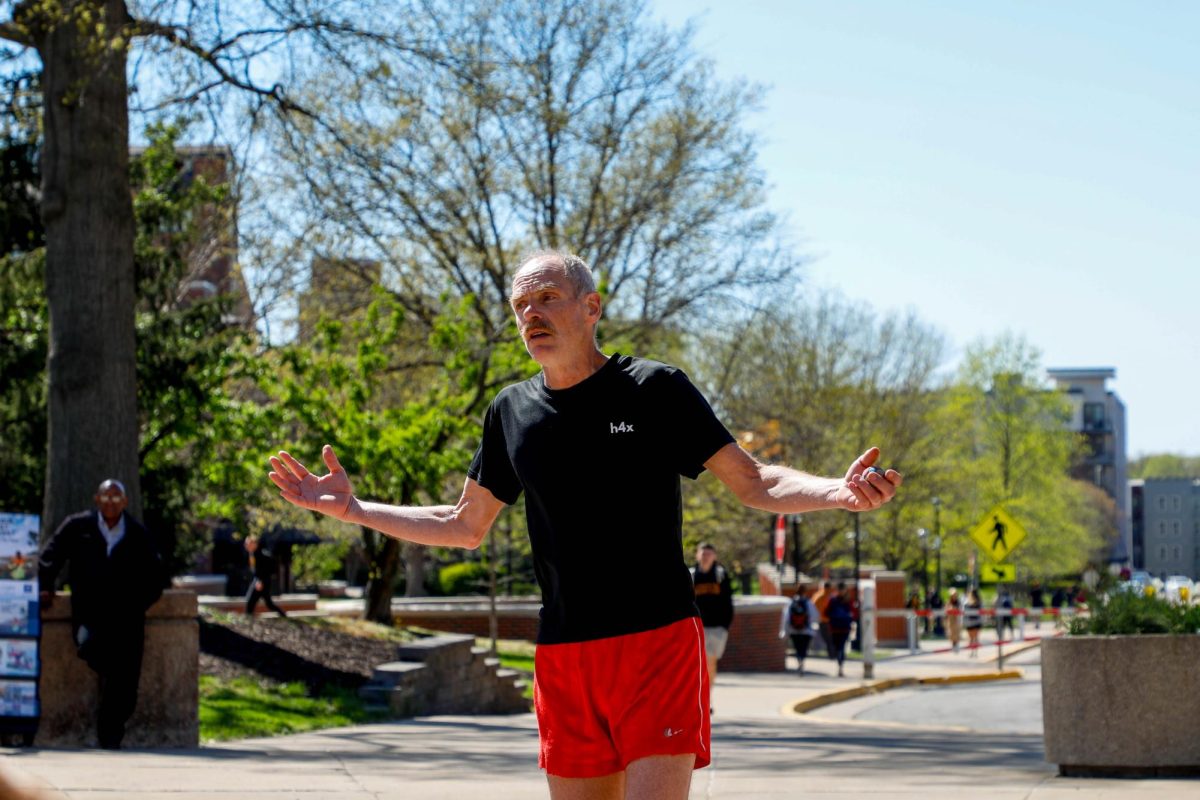Director Ramin Bahrani unveiled his first-ever documentary, “2nd Chance,” during the True/False Film Fest on Thursday at the Missouri Theatre at 10 p.m., Friday at the Rhynsburger Theatre at 7:45 p.m. and Saturday at the Picturehouse at 10:30 p.m. Bahrani, known for other films such as “99 Homes” and “Man Push Cart,” dives into an utterly different theme when covering Richard C. Davis.
“In 500 million years, Richard Davis is the only man to shoot himself 192 times,” Bahrani narrated during the film.
A former U.S. Marine and short-lived pizzeria owner in Detroit, Davis began his next business called Second Chance. The company’s mission was to provide smaller and more functional vests for policemen and military men. Starting in the late 1970s, Davis was determined to prove that his product worked. This leads audiences to the almost 200 times Davis shot himself to prove the validity of his product. Capturing one of these shots to his stomach on an unsteady video camera, Davis miraculously walked away with proof of his proprietary product (and a ping pong ball sized welt above his belly button). The documentary chronicles Davis’ rise and fall from his start in the 1970s up to 2020 by using archival footage and real interviews.
Davis definitely has that eccentricism that Americans crave watching. Manifested in shows like “Keeping Up with the Kardashians” or “Jersey Shore” and in more recent shows like “Tiger King,” audiences are always looking for the next ‘crazy’ person to feast their eyes on. It’s always fun living vicariously through a wild personality on a screen, but when rationality is applied, charm can turn into horror.
Davis’ business, just like his practices, starts to backfire on him. As the body armor begins to prove ineffective, Davis’ haywired personality starts to become dangerous. Writing off multiple deaths and life-altering injuries of both citizens and policemen in the film as “inglorious missteps,” it becomes clear Davis believes in himself so much he has no energy left to believe the people around him.
Bahrani also struggles to keep the documentary on a linear path. Jumping between Davis’ current business, his past, his other businesses, his family dynamics and the town he lives in, it was hard to focus on whether this biopic on Davis’ life was celebrating or criticizing him.
The documentary became a distended shock value reel stitched together for the sake of providing jaw drops and audible groans to audiences. I’ll admit, I watched some scenes with my hands covering my eyes, peeking through my fingers when my morbid curiosity got the best of me.
Bahrani’s laser focus on the wacky details left no room for proper analysis of Davis. Instead, it felt like Davis almost “got away” with hurting people because his life was crazier.
For a late- night showing, I definitely felt like I bonded with the audience who had the same gasps, groans and shock I was experiencing. Seeing Davis warp policemens’ perceptions from protecting their people to fearing them definitely stuck with me. As he encouraged the policemen to wear the vests at all times because anything could happen, this thought reverberated through cops’ heads in moments of high intensity, leading to unnecessary danger on both sides. When we see cases of police brutality today, the most common argument is that the policeman “feared for his life.” It makes me think of the sick chain reaction of instilling fear before acting on it that might have manifested from the methods Davis used to sell his vests.
As Bahrani put it in the film, “What makes a man who risks his own life in order to save thousands of people, only to put hundreds of thousands of lives at risk?” In the wake of the damage done to the lives around him, Davis digs his own grave with Bahrani handing him the shovel.
Showtime picked up “2nd Chance” for distribution at the 2021 Sundance Festival. Showtime has planned to do a theatrical release with a network premiere later in 2022 ahead of awards season.
Edited by Lucy Valeski, [email protected]














